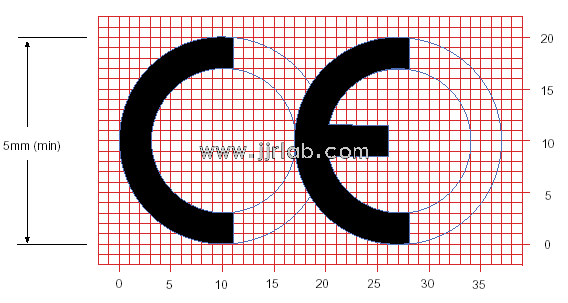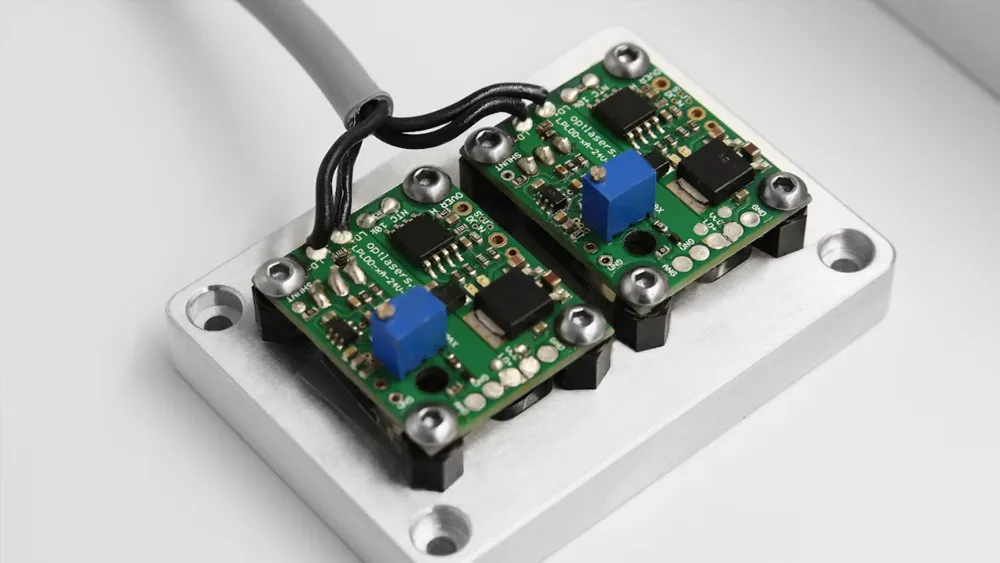
How to get CE Certification for Heaters Exported to the EU?
As an essential household appliance during winter, heaters hold a significant position in the market every year. If you plan to expand your heater products into the European market, one crucial task you cannot ignore is obtaining CE certification. So, how shoULd you go about getting CE certification for heaters?

CE certification is a mandatory certification requiRED by the European Union for products sold within member states. It signifies that your product complies with European safety, health, and environmental standards, demonstrating the reliability of your product quality to consumers and the market.
Common Heater Product Categories:
- Electric oil-filled radiator heaters
- Convection electric heaters
- Electric film heaters
- Fan heaters
- Infrared electric heaters
Common CE Certification Standards for Electric Heaters:
- EMC (Electromagnetic Compatibility) standards:EN IEC 55014, EN iec 61000-3
- LVD (low voltage directive) electrical safety standards:EN 60335-1, EN 62233
Typical Documentation Required for Heater CE Certification:
1. Product Documents:
- Product description: including product name, model, specifications, etc.
- Technical parameters: such as rated power, voltage, frequency, and other technical data.
- User manual: detailed product usage instructions, installation guide, maintenance methods, etc.
- Safety specifications: indicating which safety standards and requirements are met.
2. Design Documents:
- Structural design drawings: showing the heater’s structure and design, with key parts and materials indicated.
- Circuit diagrams: detailed descriptions of electrical connections, control systems, and protective devices.
- Design change records: if applicable, provide related records and explanations of design modifications.
3. Materials and Components Documents:
- Material list: listing key materials and components used in the heater, along with their technical specifications and supplier information.
- Material Safety Data Sheets (msds): for any special materials used, providing MSDS to ensure compliance with relevant safety regulations.
4. Test and Certification Reports:
- Specific test reports: including electrical performance tests, temperature distribution tests, emc tests, etc.
- Electrical safety certificates: ensuring compliance with the Low Voltage Directive safety requirements.
- emc certificates: confirming compliance with the Electromagnetic Compatibility Directive.
5. Marking and Packaging Documents:
- Marking images: pictures of the ce mark on the product, model labels, warning signs, etc.
- Packaging instructions: details about product packaging requirements and information.
Typical Steps to Obtain CE Certification for Heaters:
1. Project Application:Submit the CE certification application to the JJR laboratory in China.
2. Documentation Preparation:The company prepares the necessary certification documents according to CE requirements.
3. Product Testing:Send test samples to the testing company; the laboratory conducts tests.
4. Report Issuance:Certification engineers draft reports based on qualified test data.
5. Submission for Review:Engineers review the complete report.
6. Certificate Issuance:After successful review, the CE certification certificate is issued.
Email:hello@jjrlab.com
Write your message here and send it to us
 Canada ISED Certification RSS-247 Standard Testing
Canada ISED Certification RSS-247 Standard Testing
 What Are the Product Compliance for Amazon Austral
What Are the Product Compliance for Amazon Austral
 Australia IoT Security Compliance
Australia IoT Security Compliance
 V16 Warning Light EU EN 18031 Cybersecurity Certif
V16 Warning Light EU EN 18031 Cybersecurity Certif
 Japan IoT Security JC-STAR Certification
Japan IoT Security JC-STAR Certification
 FCC SDoC Compliance Information Statement
FCC SDoC Compliance Information Statement
 What Does FCC SDoC Certification Mean?
What Does FCC SDoC Certification Mean?
 What is Bisphenol A (BPA) Testing?
What is Bisphenol A (BPA) Testing?
Leave us a message
24-hour online customer service at any time to respond, so that you worry!




